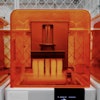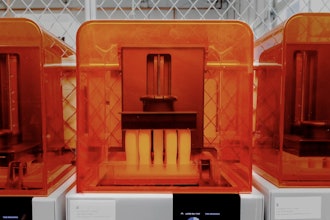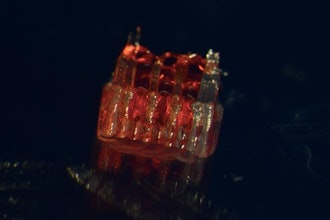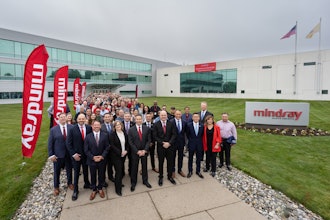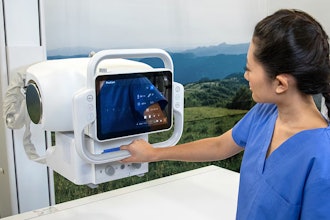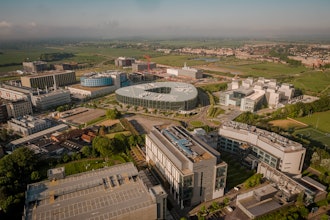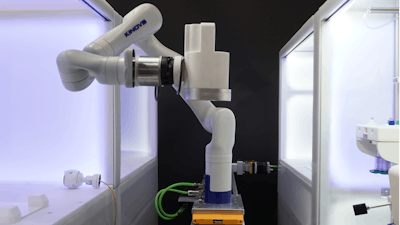
Multiply Labs, a robotics company developing automated manufacturing systems to produce individualized drugs (including but not limited to cell therapies), announced today that its proof-of-concept robotic system, developed along with UCSF, Cytiva, Thermo Fisher Scientific and Charles River, has been successfully completed.
The data from this project indicate that manual cell therapy manufacturing tasks (and in particular, cell expansion processes based on leading GMP bioreactors) can be replicated by robotic systems by leveraging automation to achieve comparable critical process parameters.
The goal of the collaboration has been to develop an automation approach focused on 1) compatibility with market-leading, GMP-proven instruments, 2) modularity, which gives it the flexibility to implement a wide range of processes, and 3) efficiency, achieved through the parallelization of process bottlenecks.
Cell therapy process development and manufacturing have traditionally been challenging and labor-intensive. Cell therapy manufacturing processes are dominated by extremely manual and repetitive tasks, where the risk of human error is high. Additionally, the highly skilled labor required to develop and manufacture cell therapies is expensive coupled with the difficulty around hiring, training, and retaining talent. The cell therapy process is complex, creating a challenging environment to achieve sustained levels of equipment and production floor utilization, placing increasing strain on manufacturing facilities. Simultaneously, the impressive clinical outcomes of gene modified cell therapies are driving significant demand, and further compounding the industry’s manufacturing bottlenecks.
Multiply Labs and its collaborators deployed a proof-of-concept robotic system at UCSF to demonstrate this technology through the automation of a representative cell therapy expansion process. The deployment of the robotic systems at UCSF was carried out within a sponsored research agreement. The key goal of this project was to show that a robotic system can successfully replicate a set of critical manual tasks in a cell therapy manufacturing process by automating the operation of the same GMP-proven instruments, consumables and reagents. This approach shows that it is possible to automate an existing cell expansion process without modifying it.
The proof-of-concept data were focused on an initial set of industry-leading, GMP-ready instruments, including the Xuri bioreactor (manufactured by Cytiva) and the Thermo Scientific Heracell VIOS incubator (manufactured by Thermo Fisher Scientific).


